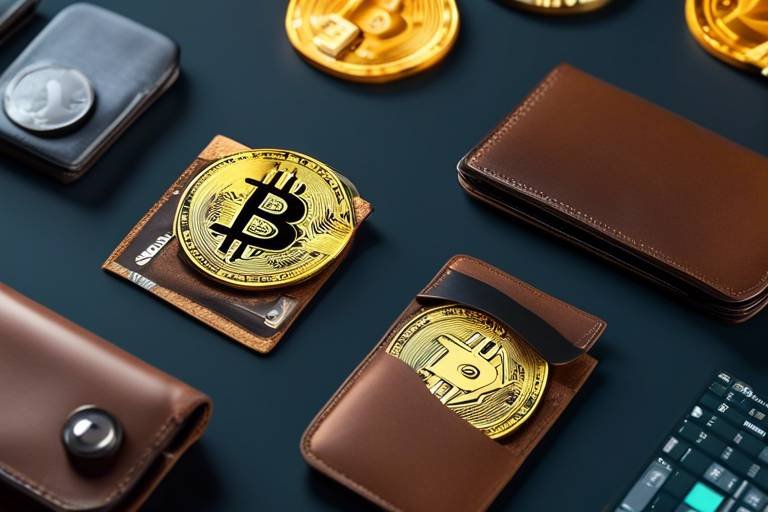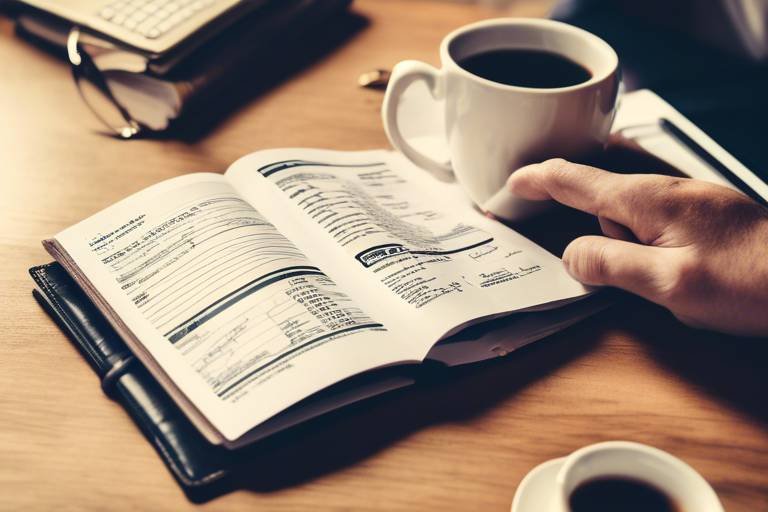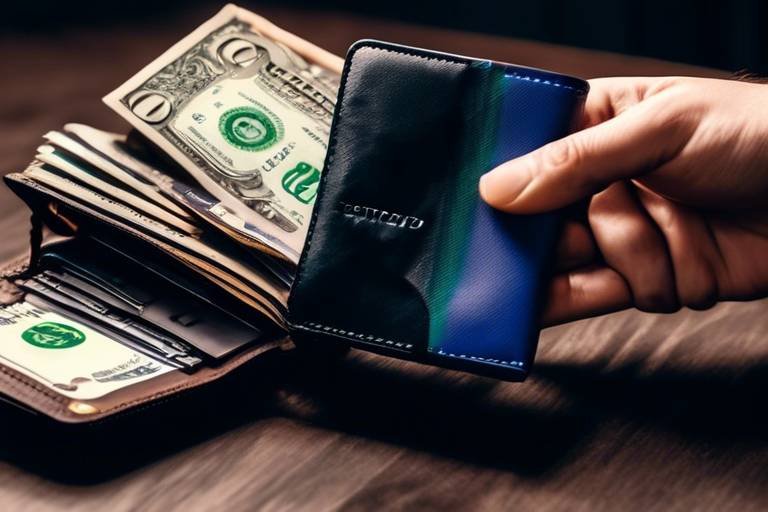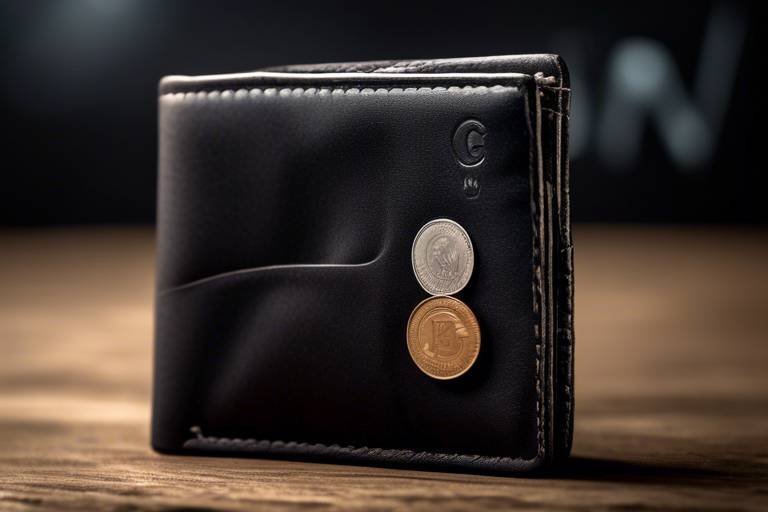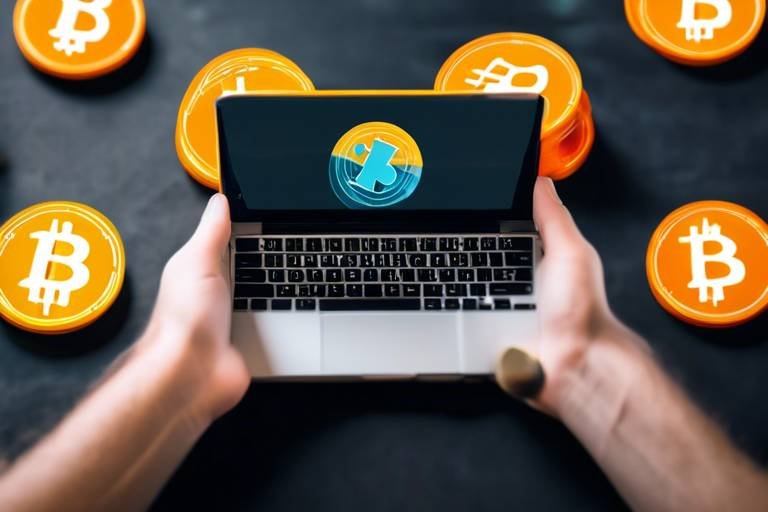How to Research a New Crypto Exchange Before Trading
In the ever-evolving world of cryptocurrency, choosing the right exchange can feel like navigating a maze. With thousands of platforms available, how do you decide which one is the best fit for your trading needs? This article provides essential steps and considerations for evaluating a new cryptocurrency exchange, ensuring you make informed trading decisions and protect your investments. So, grab a cup of coffee, and let’s dive into the nitty-gritty of researching crypto exchanges!
First things first, let’s break down the different types of crypto exchanges. You’ve got your centralized exchanges (CEX), which are like traditional stock exchanges where a central authority manages the trades. Then there are decentralized exchanges (DEX), which operate on a peer-to-peer basis, allowing users to trade directly without intermediaries. Finally, there are hybrid exchanges that combine features of both CEX and DEX. Understanding these differences is crucial for selecting the right exchange based on your trading needs and preferences. Each type has its pros and cons, so consider what matters most to you—whether it’s security, ease of use, or trading options.
Now, let’s talk about regulatory compliance. This is a biggie! Investigating an exchange's regulatory status is vital. Compliance with local laws and regulations can impact the safety of your funds and the legitimacy of the platform you choose to trade on. Think of it like choosing a restaurant; you wouldn’t want to eat at a place that doesn’t follow health regulations, right? Similarly, you want to ensure that your chosen exchange adheres to the necessary legal frameworks to protect your investments.
Security is paramount in the crypto space. Analyzing an exchange's security measures is like checking the locks on your doors before leaving home. Look for features such as two-factor authentication (2FA), which adds an extra layer of protection, and cold storage for holding assets offline. These security measures can help you assess the risk of potential hacks or breaches. Remember, in the world of crypto, it’s better to be safe than sorry!
Next up is user experience and interface. Imagine trying to navigate a complex website that looks like it’s stuck in the 90s. Frustrating, right? A user-friendly interface can enhance your trading experience significantly. Evaluating the platform's design, ease of navigation, and available tools can help you determine if it meets your trading style. Look for features that make trading intuitive and efficient, such as customizable dashboards and advanced charting tools.
Not all exchanges support the same cryptocurrencies, and that’s where research comes in handy. You wouldn’t want to sign up for a gym that doesn’t have the equipment you need, right? Researching the variety of coins and tokens available on a platform ensures that you can trade the assets you are interested in. Make a list of the cryptocurrencies you want to trade and check if the exchange supports them.
Understanding the fee structure of an exchange is crucial for maximizing your profits. Evaluating trading fees, withdrawal fees, and any hidden costs can help you choose a cost-effective platform. Some exchanges may advertise low trading fees but charge exorbitant withdrawal fees, so be sure to read the fine print. Consider creating a comparison table of different exchanges to see which one offers the best value for your trading style.
Reliable customer support is essential for resolving issues quickly. Investigating the availability and responsiveness of an exchange's support team can save you time and stress during trading. Imagine facing a problem and waiting days for a response—that’s a nightmare! Look for exchanges that offer multiple support channels, such as live chat, email, and phone support, to ensure you can get help when you need it.
Reading user reviews and assessing the reputation of an exchange can provide insights into the experiences of others. This information can help you gauge the trustworthiness and reliability of the platform. Look for reviews on independent sites and forums, as they often provide honest feedback. Remember, if something sounds too good to be true, it probably is!
Finally, understanding the available deposit and withdrawal methods is crucial for seamless transactions. Evaluating the options can help you select an exchange that aligns with your banking preferences. Whether you prefer bank transfers, credit cards, or cryptocurrencies, make sure the exchange supports your preferred method to avoid any hiccups down the line.
- What is the safest type of crypto exchange? Centralized exchanges generally have more security features, but decentralized exchanges offer more control over your funds.
- How do I know if an exchange is regulated? Check the exchange's website for regulatory information and look for licensing details relevant to your country.
- What should I do if I encounter issues with an exchange? Contact their customer support immediately and document your communication for reference.
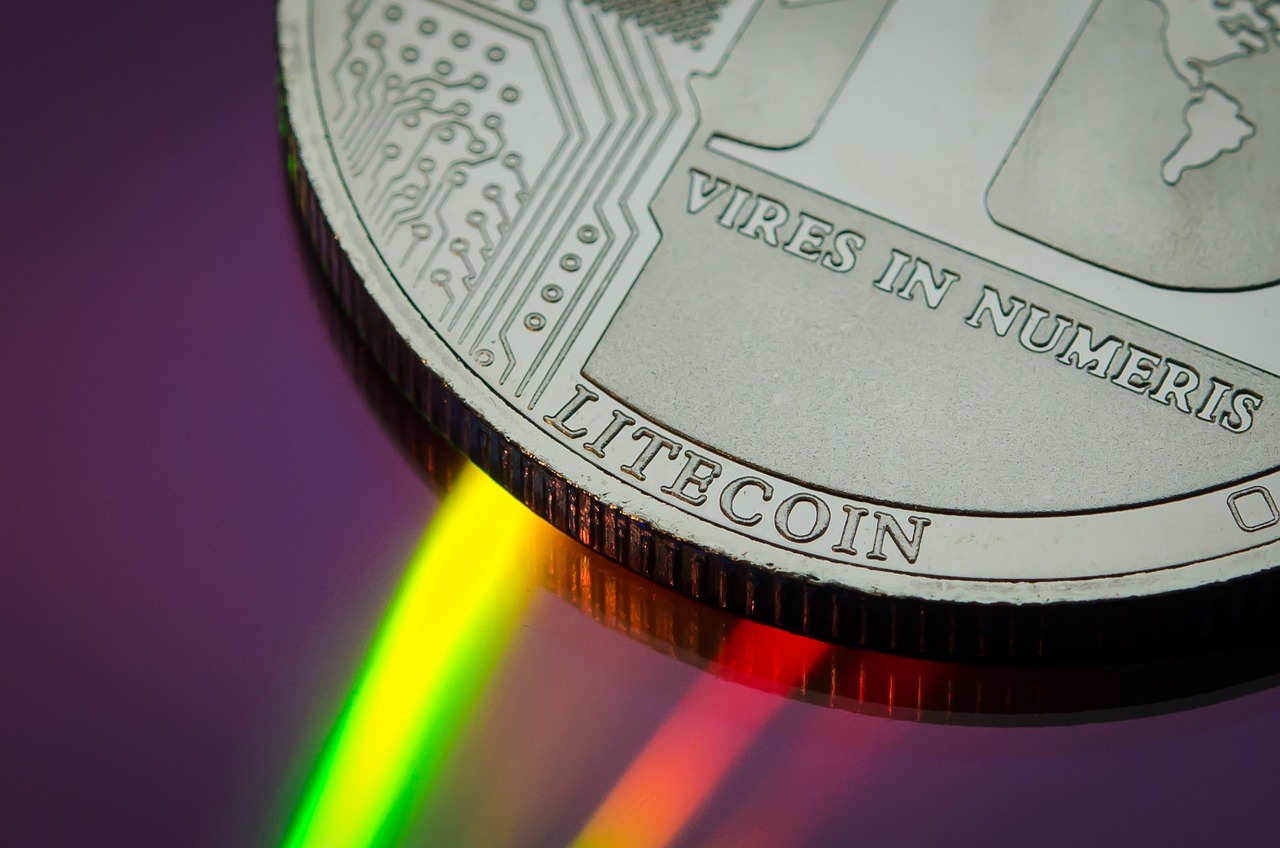
Understanding Exchange Types
When diving into the world of cryptocurrency, one of the first things you'll encounter is the variety of crypto exchanges available. Just like choosing a vehicle for a road trip, selecting the right exchange can make all the difference in your trading journey. There are three primary types of exchanges: centralized, decentralized, and hybrid platforms. Each type has its unique features, advantages, and disadvantages, which can significantly influence your trading experience.
Centralized exchanges (CEXs) are like the bustling city markets of the crypto world. They act as intermediaries, facilitating trades between buyers and sellers. These platforms, such as Binance and Coinbase, are user-friendly and often come with a wide range of features, including advanced trading tools and high liquidity. However, with this convenience comes a trade-off: you have to trust the exchange to safeguard your funds. This centralization makes them more vulnerable to hacks and regulatory scrutiny, which can be a concern for many traders.
On the other hand, decentralized exchanges (DEXs) are akin to peer-to-peer trading. They allow users to trade directly with one another without the need for an intermediary. Popular DEXs like Uniswap and Thorchain operate on blockchain technology, providing increased privacy and control over your assets. While this decentralization reduces the risk of hacks and regulatory issues, it can sometimes lead to a more complex user experience and lower liquidity, especially for less popular trading pairs.
Then we have hybrid exchanges, which attempt to combine the best of both worlds. Think of them as the innovative blend of a city market and a local farmers' market. They offer the liquidity and user-friendliness of centralized exchanges while maintaining the security and privacy features of decentralized platforms. These exchanges, such as Qurrex, are still evolving, but they hold great promise for the future of trading.
Before you jump into trading, it's essential to evaluate your own needs and preferences. Ask yourself: What do I prioritize more—security, user experience, or the variety of cryptocurrencies available? Your answers will guide you in selecting the exchange that best fits your trading style. Additionally, consider the following factors:
- Trading Volume: Higher trading volumes often result in better prices and faster transactions.
- Regulatory Compliance: Ensure the exchange complies with local laws to protect your investments.
- Supported Cryptocurrencies: Make sure the exchange supports the coins you want to trade.
In conclusion, understanding the different types of crypto exchanges is a fundamental step in your trading journey. Whether you choose a centralized, decentralized, or hybrid platform, being informed about the pros and cons will empower you to make better decisions. Remember, the right exchange can be your best ally in navigating the volatile waters of cryptocurrency trading.
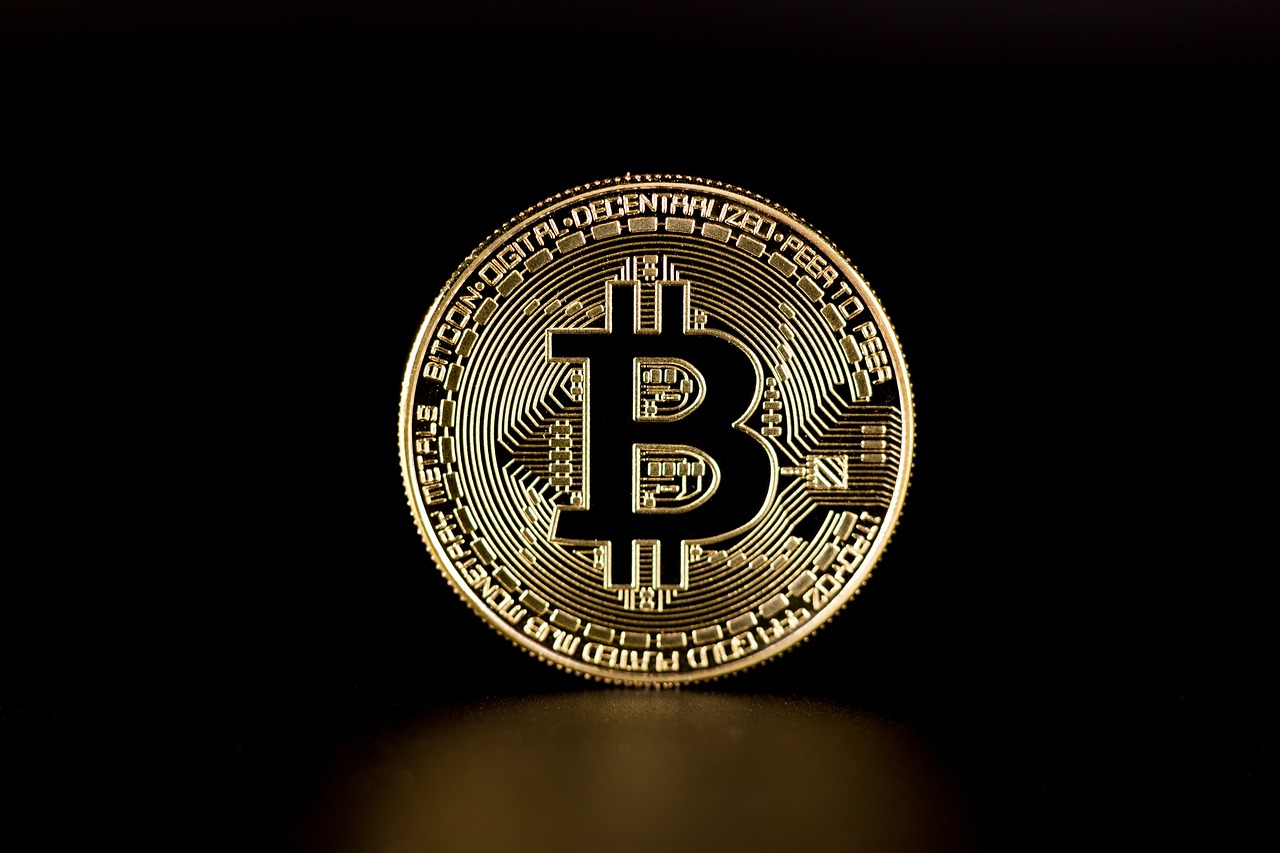
Regulatory Compliance
When diving into the world of cryptocurrency trading, one of the most critical aspects to consider is . You might be wondering, "Why should I care about regulations?" Well, think of it like this: just as you wouldn’t want to swim in a murky pond without knowing what’s lurking beneath the surface, you shouldn't trade on an exchange without understanding its regulatory standing. Compliance with local laws and regulations not only ensures the legitimacy of the platform but also plays a significant role in the safety of your funds.
Different countries have varying regulations regarding cryptocurrencies, and these can influence how exchanges operate. For example, some jurisdictions require exchanges to register with financial authorities, adhere to anti-money laundering (AML) policies, and implement know-your-customer (KYC) procedures. This means that exchanges must verify the identity of their users, which adds an additional layer of security and accountability.
To help you navigate this complex landscape, here are a few key points to consider when evaluating an exchange's regulatory compliance:
- Licensing: Check if the exchange is licensed to operate in your country. A licensed exchange is more likely to follow strict regulatory guidelines.
- Transparency: Look for exchanges that are transparent about their compliance policies and provide clear information about their regulatory status.
- Legal Framework: Understand the legal framework in your jurisdiction regarding cryptocurrency trading. This knowledge will help you assess whether the exchange is operating within the law.
In addition to these factors, it's wise to keep an eye on news related to regulatory changes in the crypto space. Regulations can evolve rapidly, and staying informed can help you avoid potential pitfalls. For instance, if an exchange faces legal challenges or regulatory scrutiny, it could impact your ability to withdraw funds or trade effectively.
In summary, regulatory compliance is not just a box to tick off; it’s a fundamental aspect of choosing a safe and reliable cryptocurrency exchange. By doing your homework and understanding the regulations that govern the platform you’re considering, you can protect your investments and enjoy a smoother trading experience.
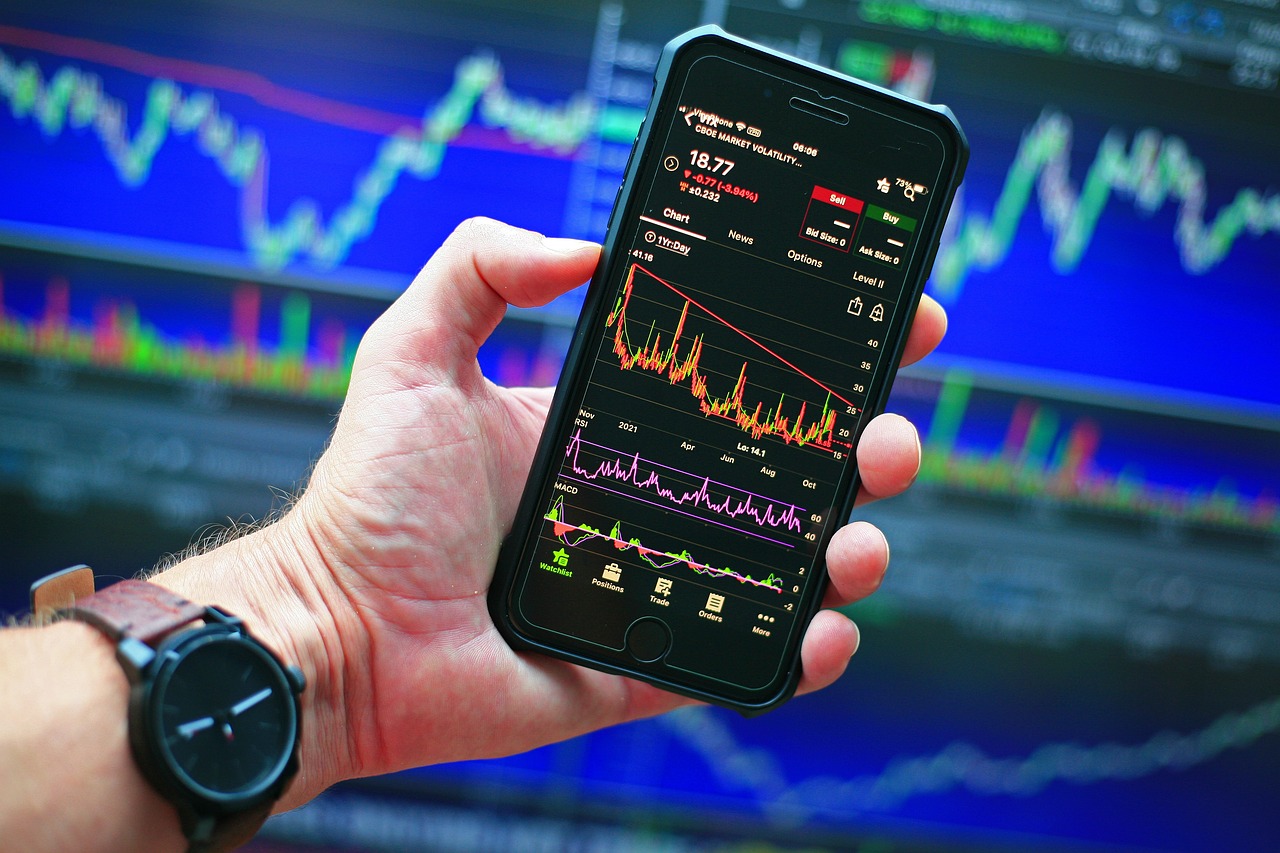
Security Features
This article provides essential steps and considerations for evaluating a new cryptocurrency exchange, ensuring you make informed trading decisions and protect your investments.
Different types of crypto exchanges exist, including centralized, decentralized, and hybrid platforms. Understanding these differences is crucial for selecting the right exchange based on your trading needs and preferences.
Investigating an exchange's regulatory status is vital. Compliance with local laws and regulations can impact the safety of your funds and the legitimacy of the platform you choose to trade on.
When it comes to trading cryptocurrencies, security is not just a feature; it's a necessity. The digital landscape is rife with potential threats, and understanding the security measures of an exchange can be the difference between a successful trading experience and a disastrous one. So, what should you look for?
First off, two-factor authentication (2FA) is a must-have. This adds an extra layer of security by requiring not only your password but also a second piece of information, typically a code sent to your mobile device. Without this, even if someone manages to get your password, they won't be able to access your account. Think of it as a double lock on your front door; it just makes sense!
Another critical aspect is the use of cold storage for funds. Many reputable exchanges keep the majority of their assets offline, away from the prying eyes of hackers. This is akin to storing your valuables in a safe rather than leaving them out in the open. Ask yourself: would you keep all your cash in a wallet at a crowded mall, or would you prefer to secure it in a bank vault?
Moreover, it’s essential to look for exchanges that conduct regular security audits. These audits help identify vulnerabilities and ensure that the platform is continually improving its security protocols. A transparent exchange that shares its audit results shows a commitment to keeping user funds safe.
Lastly, consider the exchange's history. Have they ever experienced a major security breach? If so, how did they handle it? Reading through user reviews can give you insights into the exchange's reputation regarding security. Remember, if an exchange has a history of hacks and poor responses, it might be best to steer clear.
In summary, when evaluating security features, focus on:
- Two-factor authentication
- Cold storage of assets
- Regular security audits
- Historical performance in terms of security
By paying close attention to these factors, you can significantly reduce the risks associated with trading on a new exchange.
A user-friendly interface can enhance your trading experience. Evaluating the platform's design, ease of navigation, and available tools can help you determine if it meets your trading style.
Not all exchanges support the same cryptocurrencies. Researching the variety of coins and tokens available on a platform ensures that you can trade the assets you are interested in.
Understanding the fee structure of an exchange is crucial for maximizing your profits. Evaluating trading fees, withdrawal fees, and any hidden costs can help you choose a cost-effective platform.
Reliable customer support is essential for resolving issues quickly. Investigating the availability and responsiveness of an exchange's support team can save you time and stress during trading.
Reading user reviews and assessing the reputation of an exchange can provide insights into the experiences of others. This information can help you gauge the trustworthiness and reliability of the platform.
Understanding the available deposit and withdrawal methods is crucial for seamless transactions. Evaluating the options can help you select an exchange that aligns with your banking preferences.
Q: What is two-factor authentication (2FA)?
A: Two-factor authentication is a security process that requires two different forms of identification to access your account, usually a password and a code sent to your mobile device.
Q: Why is cold storage important?
A: Cold storage keeps the majority of an exchange's assets offline, making them less vulnerable to hacking attempts.
Q: How can I check an exchange's security history?
A: You can research online through forums, review sites, and news articles to find information about past security incidents involving the exchange.
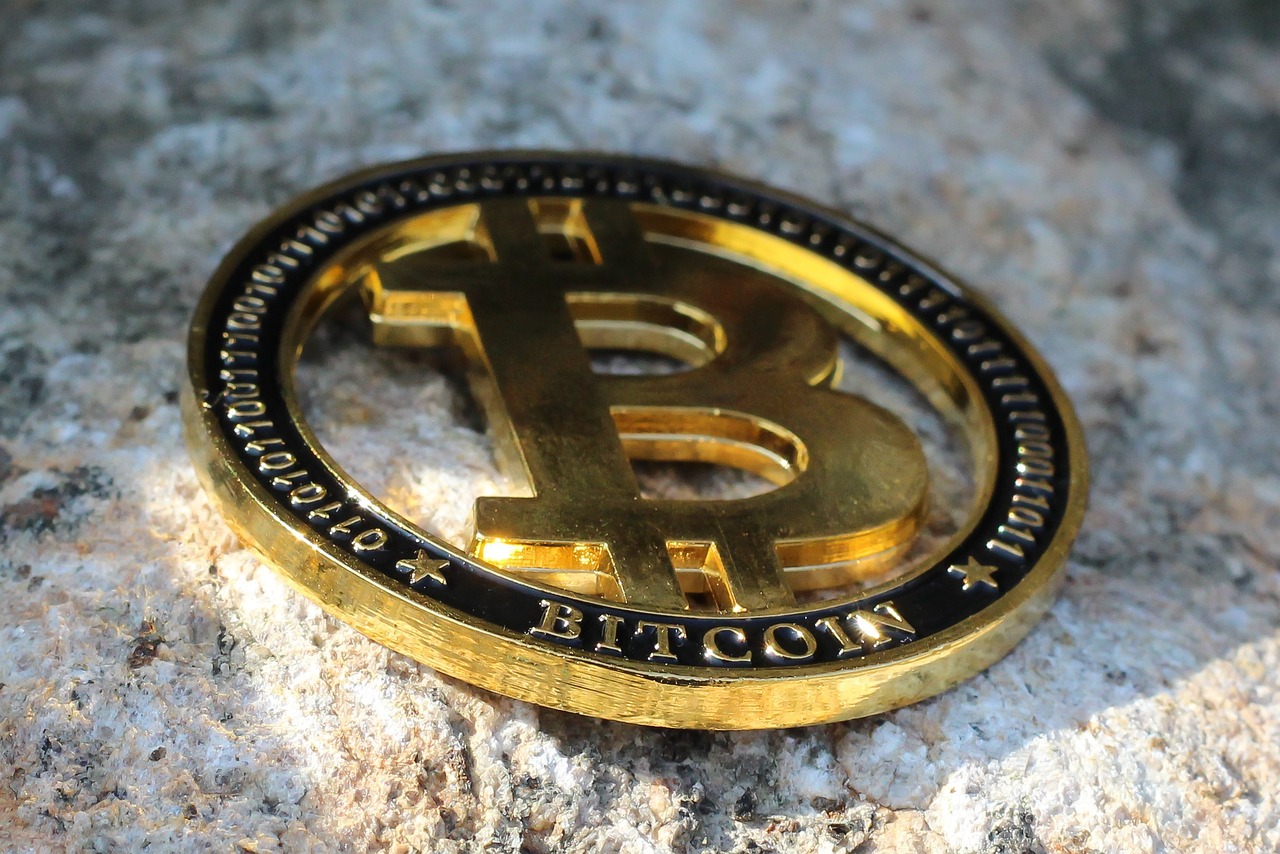
User Experience and Interface
When diving into the world of cryptocurrency trading, the user experience and interface of an exchange can make or break your trading journey. Imagine walking into a grocery store where the aisles are cluttered, and the signs are confusing—frustrating, right? The same principle applies to crypto exchanges. A well-designed platform can enhance your trading efficiency and enjoyment, while a poorly designed one can lead to missed opportunities and increased stress.
First and foremost, consider the ease of navigation. A user-friendly interface typically features a clean layout with intuitive menus and buttons. You should be able to find essential features like trading pairs, charts, and account settings without feeling like you’re on a treasure hunt. Look for platforms that offer a customizable dashboard, allowing you to arrange your tools and information in a way that suits your personal trading style.
Next, think about the available tools and features. A robust exchange will provide various trading tools such as advanced charting options, market analysis, and real-time data feeds. These tools are crucial for making informed decisions. For instance, if you’re a day trader, you’ll want to access live price updates and charts that allow you to analyze trends quickly. Conversely, if you’re a long-term investor, you might prioritize features that help you track your portfolio performance over time.
Another critical aspect of user experience is the mobile compatibility of the exchange. In today’s fast-paced world, many traders prefer to manage their portfolios on the go. A responsive mobile app or a mobile-friendly website can significantly enhance your trading experience. Ensure that the mobile version offers the same features and functionalities as the desktop version, allowing you to trade seamlessly no matter where you are.
Additionally, consider the loading speed of the platform. Slow websites can be a trader's worst nightmare, especially during high volatility when every second counts. A lagging interface can lead to missed trades or delayed executions, costing you money. Before committing to an exchange, test its speed and responsiveness to ensure it meets your expectations.
Lastly, don’t overlook the customer feedback regarding user experience. Reading reviews and testimonials can offer valuable insights into how other users perceive the platform. Look for comments about the interface's usability, the efficiency of customer support, and any common issues experienced by users. This information can guide you toward a platform that not only looks good but also functions well in real-world trading scenarios.
In summary, a positive user experience and a well-designed interface are vital components of a successful trading platform. By prioritizing ease of navigation, available tools, mobile compatibility, loading speed, and user feedback, you can select an exchange that enhances your trading experience and helps you achieve your financial goals.
- What is the importance of user experience in crypto trading?
A good user experience ensures that traders can navigate the platform easily, access necessary tools, and execute trades efficiently, ultimately leading to better trading outcomes.
- How can I determine if an exchange is user-friendly?
Look for reviews, test the platform yourself, and check for features like customizable dashboards and mobile compatibility.
- What tools should I look for in a crypto exchange?
Essential tools include advanced charting options, market analysis tools, real-time data feeds, and portfolio tracking features.
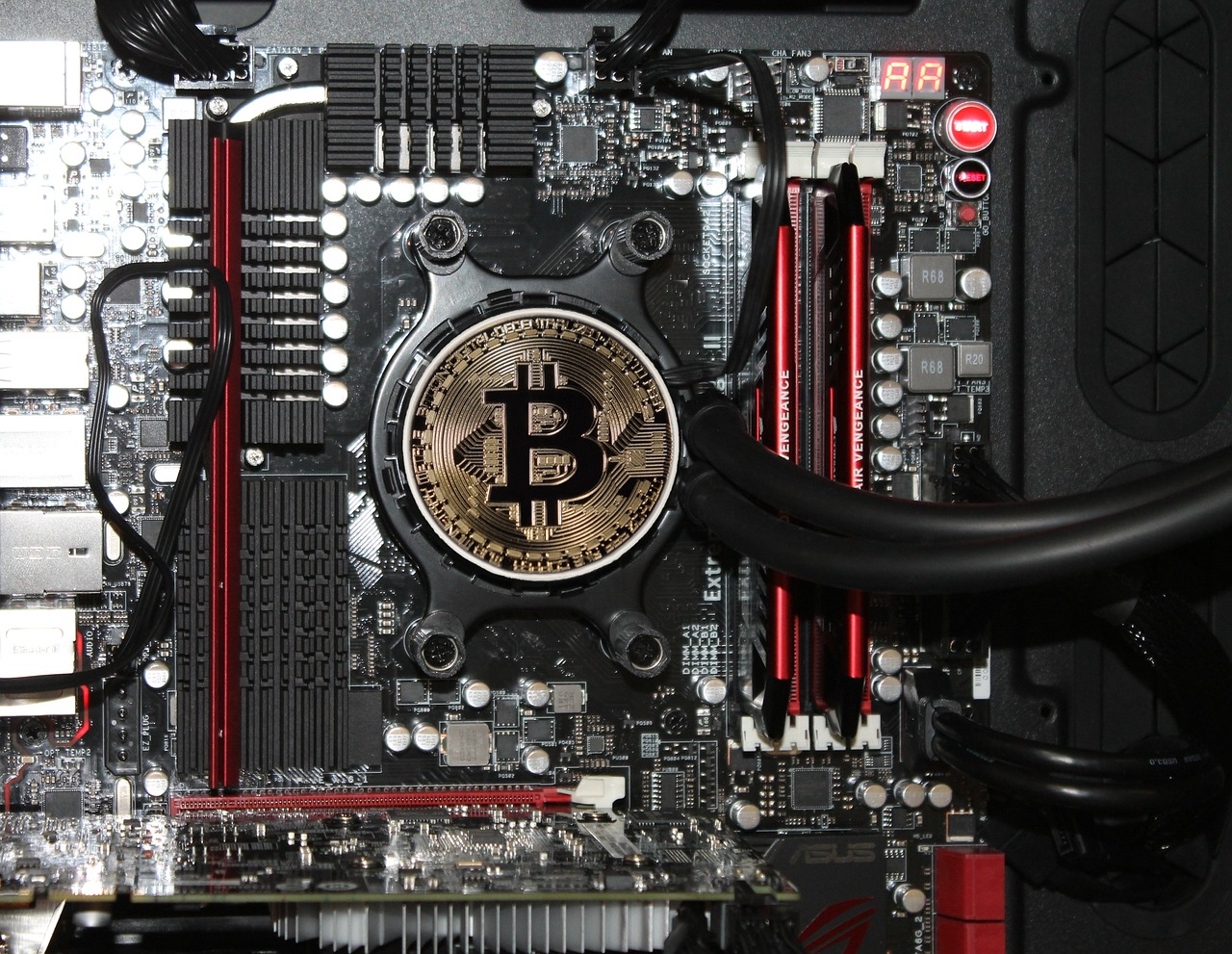
Supported Cryptocurrencies
When diving into the world of cryptocurrency exchanges, one of the most critical factors to consider is the variety of . Not all exchanges are created equal; some may offer a wide array of options, while others might limit you to just a handful of popular coins. This can significantly impact your trading strategy and potential profits. Imagine walking into a grocery store that only sells apples when you were hoping to find a whole orchard of fruits! The same applies to crypto exchanges.
Before you commit to a platform, take a moment to consider what cryptocurrencies you are most interested in trading. Are you looking to invest in established giants like Bitcoin and Ethereum, or are you more inclined to explore the exciting world of altcoins? Platforms that provide a diverse selection of coins not only give you more opportunities to trade but also allow you to diversify your portfolio, which is essential for managing risk.
To help you understand the landscape, here’s a brief breakdown of the types of cryptocurrencies you might encounter on various exchanges:
| Type of Cryptocurrency | Examples | Purpose |
|---|---|---|
| Major Coins | Bitcoin, Ethereum | Store of value, smart contracts |
| Stablecoins | USDT, USDC | Stability, trading pairs |
| Altcoins | Litecoin, Ripple, Cardano | Various use cases |
| Tokens | Chainlink, Uniswap | Specific applications, DeFi |
It’s also essential to consider the trading pairs available on the exchange. For instance, if you want to trade Ethereum for a lesser-known altcoin, the exchange must support that specific trading pair. Without it, you might find yourself stuck or forced to exchange through multiple steps, which could lead to higher fees and more hassle. Always check if the exchange allows you to trade your desired pairs without unnecessary complications.
Moreover, keep an eye on the exchange's listing process. Some platforms are known for listing new and innovative projects quickly, while others may take their time to vet new coins. This can affect your ability to invest in emerging projects that could have significant upside potential. If you’re keen on getting in early on the next big thing, you’ll want an exchange that actively supports and lists new cryptocurrencies.
In summary, selecting a crypto exchange with a robust selection of supported cryptocurrencies is not just about having options; it’s about aligning with your trading goals and strategies. Make sure to do your homework, assess what’s available, and choose a platform that meets your needs, ensuring that you have the freedom to trade the assets that excite you the most.
- What are the most common cryptocurrencies supported by exchanges? Most exchanges support major cryptocurrencies like Bitcoin (BTC) and Ethereum (ETH), but many also offer a variety of altcoins.
- How can I find out which cryptocurrencies are supported by an exchange? You can typically find this information on the exchange's official website, often under a section labeled "Markets" or "Supported Coins."
- Does the number of supported cryptocurrencies affect my trading strategy? Yes, having a wider selection allows for more diversification and potential investment opportunities.
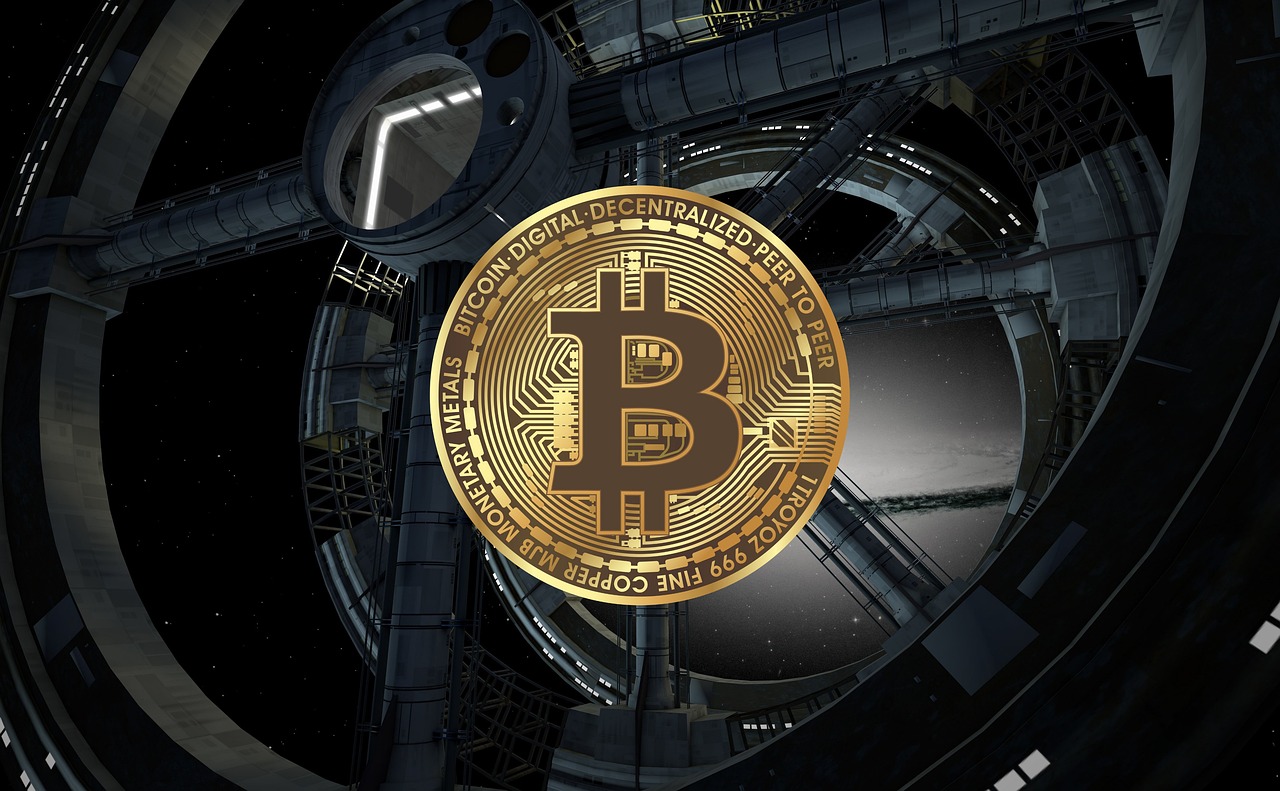
Fees and Charges
When diving into the world of cryptocurrency trading, one of the most crucial aspects to consider is the fee structure of any exchange you plan to use. Just like choosing a restaurant, where the price of your meal can significantly impact your overall experience, the fees associated with trading can eat into your profits if you're not careful. So, what should you be on the lookout for?
First off, it's essential to understand that exchanges typically charge various types of fees, including trading fees, withdrawal fees, and sometimes even deposit fees. Trading fees are usually a percentage of the transaction amount, and they can vary significantly from one exchange to another. For instance, some platforms might charge a flat fee, while others may have a tiered system based on your trading volume. This means that if you're a high-volume trader, you could potentially save a lot in fees.
To give you a clearer picture, here’s a simple comparison table illustrating how different exchanges might structure their fees:
| Exchange | Trading Fee | Withdrawal Fee | Deposit Fee |
|---|---|---|---|
| Exchange A | 0.1% | $1 | Free |
| Exchange B | 0.2% | $2 | 0.5% |
| Exchange C | 0.15% | Free | Free |
As you can see, the differences can be quite stark. But don't just stop at the surface—make sure to read the fine print. Some exchanges may have hidden fees that can catch you off guard. For example, there might be fees for trading specific pairs or even inactivity fees if you don’t trade regularly. It’s like those sneaky charges on your phone bill that you didn’t see coming!
Another aspect to consider is how the fees align with the services offered. A platform that charges higher fees might provide superior features such as advanced trading tools, better liquidity, or enhanced security measures. Therefore, it’s crucial to weigh the cost against the value you’re receiving. Think about what you need from an exchange. Are you an occasional trader, or are you in it for the long haul? Your trading style should influence your choice of exchange.
Lastly, don’t forget to factor in the potential for fee discounts. Some exchanges offer reduced fees for users who hold their native tokens or for those who trade in high volumes. This can be a great way to save money while trading, almost like a loyalty program! So, before you commit to an exchange, make sure to explore all available options to maximize your profits.
- What are trading fees? Trading fees are charges applied to each transaction you make on an exchange, typically calculated as a percentage of the trade amount.
- Are there hidden fees? Yes, some exchanges may have hidden fees like withdrawal charges, inactivity fees, or fees for specific trading pairs. Always read the fine print.
- Can I reduce my trading fees? Many exchanges offer discounts for high-volume traders or for users who hold their native tokens. Check the exchange's fee structure for details.
- What is the best way to choose an exchange based on fees? Compare the fee structures of different exchanges, consider the services offered, and align them with your trading style and frequency.
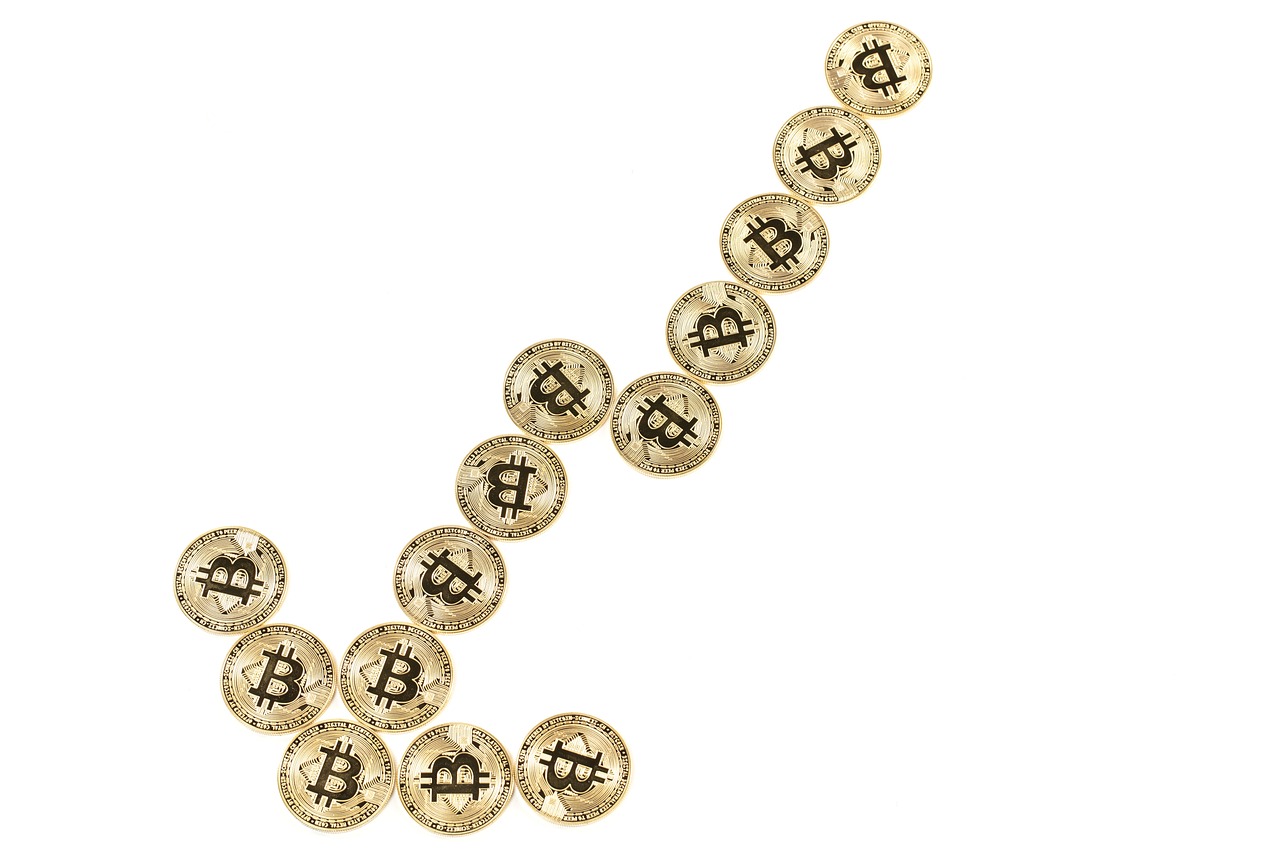
Customer Support
When diving into the world of cryptocurrency trading, one aspect that often gets overlooked is the importance of . Imagine you're in the middle of a trade, and suddenly, you encounter a technical glitch or a question about a transaction. The last thing you want is to be left hanging, right? That's why evaluating the customer support of a crypto exchange is crucial. A reliable support system can be the difference between a smooth trading experience and a frustrating ordeal.
First off, consider the availability of customer support. Many exchanges offer support through various channels, such as:
- Email: This is a common method, but response times can vary significantly.
- Live Chat: Instant messaging can provide quick resolutions, making it a preferred option for many traders.
- Phone Support: While less common, some exchanges offer phone support for more personal assistance.
Next, think about the responsiveness of the support team. A quick response can save you from potential losses and stress. Look for exchanges that promise 24/7 support, especially if you plan on trading outside of regular business hours. Additionally, consider reading user reviews to gauge how effectively an exchange handles customer inquiries. A platform may have a sleek interface and low fees, but if their support is lacking, it could lead to significant headaches down the line.
Moreover, the quality of the support staff matters just as much as their availability. Are they knowledgeable? Do they understand the intricacies of the platform and the crypto market? A good support team should not only resolve your issues but also educate you on the platform's features and functionalities, enhancing your overall trading experience.
Lastly, don't forget to check if the exchange has a comprehensive help center or FAQ section. A well-organized knowledge base can provide immediate answers to common questions, saving you time and effort. This is especially useful for new traders who might have numerous queries about how to navigate the platform.
In summary, customer support is an essential factor when choosing a crypto exchange. A robust support system ensures that you can trade with confidence, knowing that help is readily available when you need it. So, before you commit to an exchange, take the time to evaluate their customer support options. Your trading experience could depend on it!
Here are some common questions traders often have regarding customer support in crypto exchanges:
- What should I do if I encounter an issue while trading? Contact customer support immediately through the available channels.
- How long does it usually take for customer support to respond? Response times can vary; live chat typically offers the quickest replies.
- Is there a help center or FAQ section? Most reputable exchanges provide a comprehensive help center for common queries.
- Can I reach customer support during weekends? Look for exchanges that offer 24/7 support for assistance at any time.
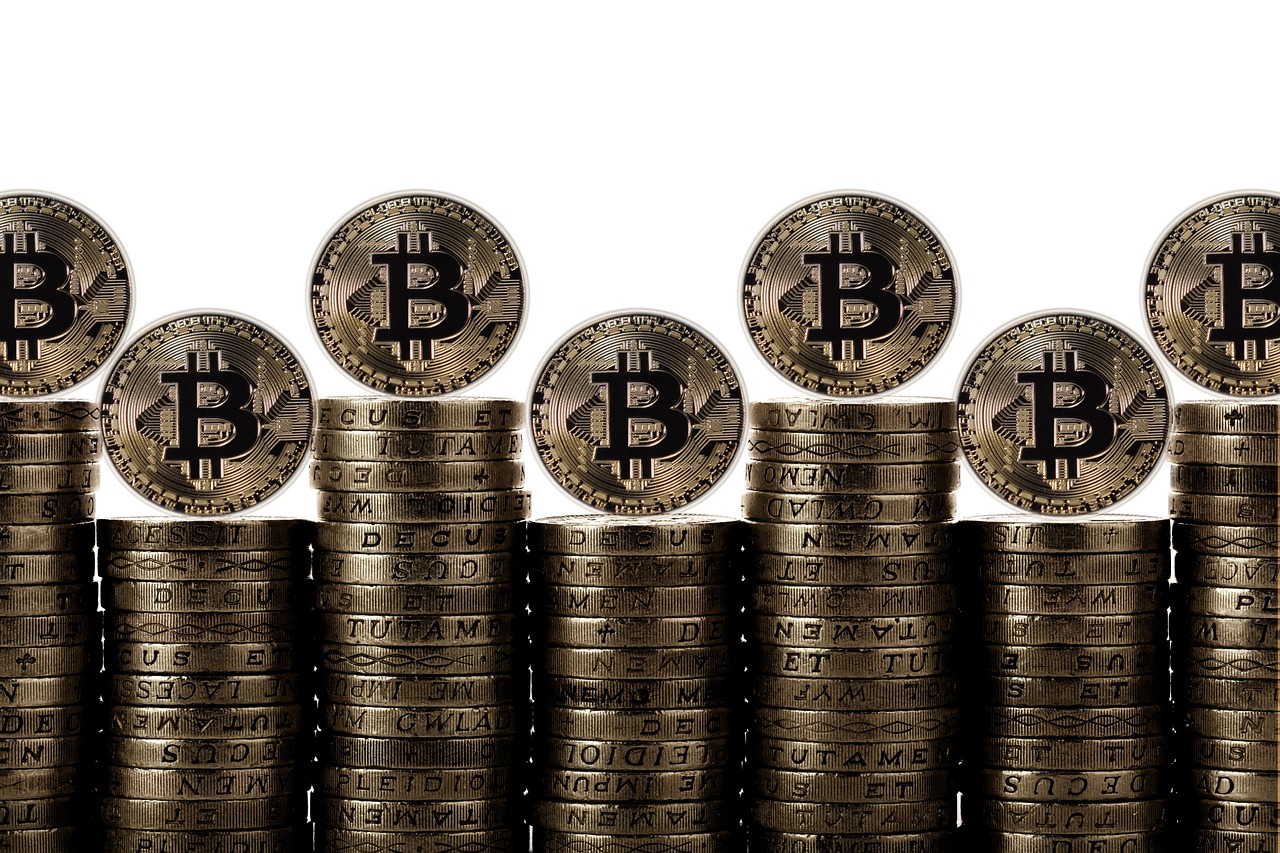
User Reviews and Reputation
When it comes to choosing a cryptocurrency exchange, one of the most important aspects to consider is the user reviews and overall reputation of the platform. Think of it like choosing a restaurant; you wouldn’t want to dine at a place with a slew of bad reviews, right? The same logic applies to crypto exchanges. User feedback can provide valuable insights into the actual experience of trading on the platform, revealing not just the pros but also the cons that might not be immediately apparent.
To start, look for reviews on multiple platforms. Websites like Trustpilot, Reddit, and various crypto forums often host discussions where users share their experiences. Be wary of reviews that seem overly positive or negative; they might be biased or even fabricated. Instead, focus on trends in the feedback. For instance, if multiple users mention issues with customer support or withdrawal times, it could be a red flag. On the flip side, consistent praise for an exchange's user interface or security features can be a good indicator of reliability.
Another aspect to consider is the exchange's history. Has it been involved in any controversies or security breaches? A platform that has weathered challenges and emerged with a solid reputation is often more trustworthy than a newer exchange with little history. You can create a simple table to compare the reputation of different exchanges based on their user ratings and any reported issues:
| Exchange Name | User Rating | Reported Issues |
|---|---|---|
| Exchange A | 4.5/5 | None reported |
| Exchange B | 3.2/5 | Withdrawal delays |
| Exchange C | 4.0/5 | Security breach in 2021 |
Moreover, consider the social media presence of the exchange. Companies that actively engage with their users on platforms like Twitter or Telegram tend to be more transparent and responsive to concerns. A lively community can also be a sign of a healthy exchange, as it suggests that users are actively trading and discussing the platform.
In summary, taking the time to research user reviews and the overall reputation of a cryptocurrency exchange can save you from potential headaches down the line. By gathering insights from various sources and looking for patterns in feedback, you can make a more informed decision that aligns with your trading goals.
Q: How can I find reliable user reviews for a crypto exchange?
A: Look for reviews on multiple platforms such as Trustpilot, Reddit, and crypto forums. Pay attention to the overall trends rather than individual comments.
Q: Should I trust exchanges with a high number of positive reviews?
A: While a high number of positive reviews can be a good sign, always check for consistent patterns and be cautious of overly positive or negative feedback.
Q: What should I do if I find negative reviews about an exchange?
A: Investigate further by checking the nature of the complaints. If many users mention the same issue, it might be worth considering other exchanges.
Q: Is an exchange's reputation more important than its features?
A: Both reputation and features are crucial. A feature-rich exchange with a poor reputation may pose risks that outweigh its benefits.
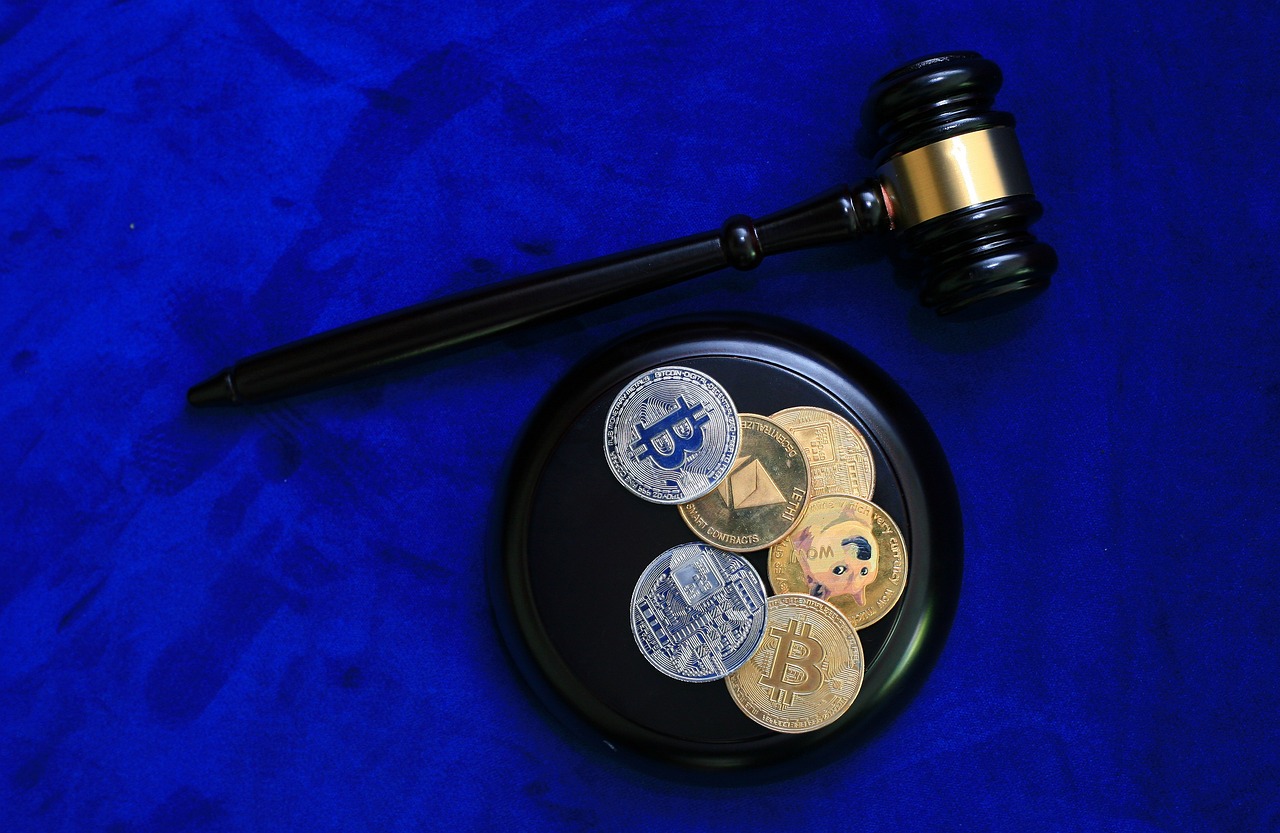
Withdrawal and Deposit Methods
When diving into the world of cryptocurrency trading, understanding the offered by an exchange is crucial. Imagine you're at a buffet; you want to know what dishes are available before you fill your plate. Similarly, knowing your options can save you time and frustration when you're ready to make a trade. Different exchanges provide various methods for funding your account and withdrawing your profits, and these methods can significantly affect your trading experience.
First off, let's talk about deposit methods. Most exchanges typically accept a variety of deposit options, including bank transfers, credit and debit cards, and even other cryptocurrencies. Each option comes with its own set of advantages and disadvantages. For instance, while credit card deposits can be instant, they often incur higher fees compared to bank transfers, which may take a few days to process but are usually more cost-effective. Here’s a quick comparison:
| Deposit Method | Processing Time | Fees |
|---|---|---|
| Bank Transfer | 1-3 business days | Low |
| Credit/Debit Card | Instant | High |
| Cryptocurrency Transfer | Depends on the network | Variable |
Now, on to withdrawal methods. It's just as important to know how you can access your funds once you've made a profit. Many exchanges allow withdrawals via bank transfer, credit cards, and cryptocurrency wallets. However, it's essential to check if there are any limits on withdrawal amounts or specific withdrawal fees associated with each method. Some platforms might even require you to withdraw back to the same method you used for deposits, which can complicate things if you’re not prepared.
Furthermore, consider the security and speed of these methods. While instant withdrawals might sound appealing, they can sometimes come with higher risks, especially if you're using less secure payment methods. On the other hand, bank transfers, although slower, often offer better security, ensuring that your hard-earned profits are safe from potential fraud.
Ultimately, when researching a new exchange, take a close look at the available withdrawal and deposit methods. Ask yourself questions like: Are these methods convenient for me? What fees are associated with each option? How quickly can I access my funds? By answering these questions, you can ensure that your trading experience remains smooth and hassle-free.
- What is the fastest deposit method? Credit and debit card deposits are typically the fastest, allowing you to start trading almost instantly.
- Are there fees for withdrawing funds? Yes, most exchanges charge fees for withdrawals, which can vary based on the method.
- Can I withdraw to a different method than I used to deposit? Some exchanges require you to withdraw using the same method you used to deposit, while others may allow flexibility.
- How long do withdrawals usually take? Withdrawal times can vary; bank transfers may take 1-3 business days, while cryptocurrency withdrawals can be faster, depending on network congestion.
Frequently Asked Questions
- What types of cryptocurrency exchanges are there?
There are mainly three types of cryptocurrency exchanges: centralized, decentralized, and hybrid platforms. Centralized exchanges act as intermediaries, while decentralized exchanges allow peer-to-peer trading without a middleman. Hybrid exchanges combine features from both types, giving users flexibility and control.
- How can I verify if a crypto exchange is compliant with regulations?
To check an exchange's regulatory compliance, visit their website for legal documentation and licenses. Look for information on their adherence to local laws, which may include registration with financial authorities. Additionally, reading reviews and reports from reputable sources can provide insights into their legitimacy.
- What security features should I look for in a crypto exchange?
Key security features to consider include two-factor authentication (2FA), cold storage for funds, and encryption protocols. A strong security framework reduces the risk of hacks and breaches, ensuring your assets remain safe while you trade.
- How important is user experience on a trading platform?
User experience is crucial for effective trading. A well-designed interface that is easy to navigate can enhance your trading efficiency and minimize errors. Look for platforms that offer intuitive layouts and helpful trading tools that cater to your style.
- Can I trade all cryptocurrencies on any exchange?
No, not all exchanges support the same cryptocurrencies. It's essential to research which coins and tokens a platform offers to ensure you can trade the assets you're interested in. Always check the exchange's listing before signing up.
- What should I know about the fees associated with crypto exchanges?
Understanding the fee structure is vital for maximizing your profits. Be sure to evaluate trading fees, withdrawal fees, and any hidden charges. A transparent fee schedule will help you choose a cost-effective platform that suits your trading needs.
- How can I assess the quality of customer support on an exchange?
To evaluate customer support, check for available contact methods like live chat, email, or phone support. Look for reviews that mention response times and the helpfulness of the support team. Reliable customer service can make a significant difference during trading.
- Why are user reviews important when choosing an exchange?
User reviews provide real-world insights into the experiences of other traders. They can highlight both the strengths and weaknesses of an exchange, helping you gauge its trustworthiness and reliability before you commit your funds.
- What deposit and withdrawal methods should I consider?
It's crucial to understand the available deposit and withdrawal options on an exchange. Look for platforms that offer methods aligning with your banking preferences, such as bank transfers, credit cards, or e-wallets, to ensure seamless transactions.








